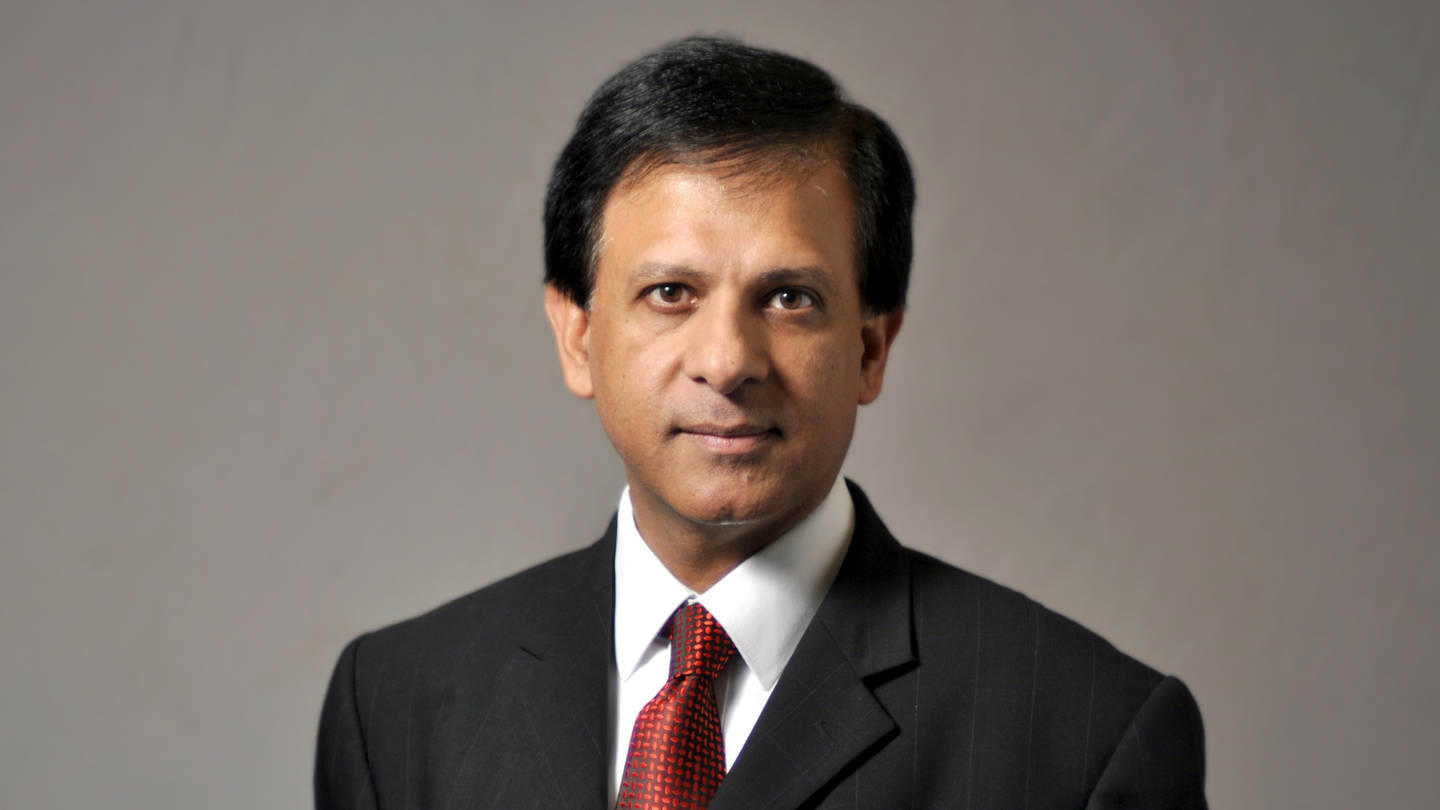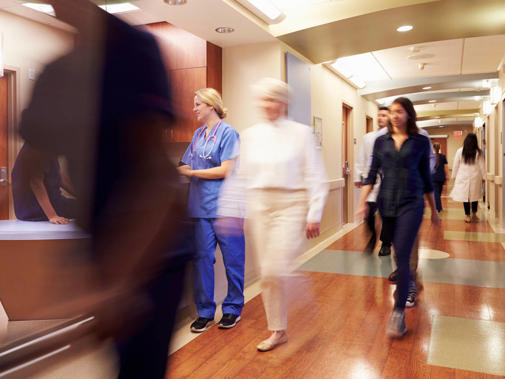The call comes after BMA analysis and a major survey of members uncovers the ‘hidden impact’ of the epidemic and the struggle many face to tackle the backlog built up as social distancing remains in place.
BMA council chair Chaand Nagpaul said the findings highlight the need for Government to make an honest assessment of the backlog and come up with a plan and investment to support the NHS and its staff.
‘This analysis adds to an already compelling body of evidence that the NHS has been left with an even larger mountain to climb,’ he added. ‘Even before COVID-19 struck, the service was underfunded, woefully understaffed, and with inadequate capacity – a lack brought even further into relief by the pandemic.’
Cancelled appointments
Figures compiled for the association’s report, The hidden impact of COVID-19 on patient care in the NHS in England, estimate that millions of appointments and admissions were postponed or cancelled during the peak of the crisis in April, May, and June. ‘The full impact of this drastic reduction in routine NHS care in England is only now emerging,’ the report states.
It estimates that there were up to 1.5 million fewer elective admissions than would usually be expected during those three months – and up to 2.6 million fewer outpatient attendances. During the same period, as many as 25,900 fewer patients started their first cancer treatments following a decision it was needed.
‘Patient safety is being severely compromised not just by the virus itself, but by the knock-on effects of an unprecedented disruption to NHS services,’ the report adds.
The extent of the backlog has been revealed as the BMA’s latest survey to track the effect of COVID-19 raises serious concerns about the ability of the NHS to reach full capacity soon as the fight against the virus continues.
Identify backlog
 NAGPAUL: 'No is the time for a rescue package'
NAGPAUL: 'No is the time for a rescue package'
Around one in five (19 per cent) don’t expect GP consultations to reach full capacity until between three and 12 months’ time if there are no further spikes in COVID-19 cases. One in ten respondents expect it will take longer than a year for full capacity to return to outpatient departments – or that it may never be reached again. Most respondents (56 per cent) said emergency care had either already returned to capacity or would do so within three months.
The main brakes on capacity were named as social distancing demands, the impossibility of separating COVID and non-COVID patient flows, and a lack of necessary investment.
Dr Nagpaul said the NHS, doctors and patients needed a clear and concrete commitment from Government to identify the full extent of the backlog and introduce measures and investment to tackle it.
‘After months of exhausting themselves under huge pressure and having risked or lost their own lives, many now face a huge battle to deal with the hidden costs of this unprecedented strain on NHS resources,’ he added.
‘Ministers should take the opportunity to re-think the resource levels of our health service.
‘We’ve warned for years that the NHS lacked the finances and workforce to operate – without a major epidemic or its aftermath to deal with. Now is the time for a rescue package that will get the NHS back on its feet and put it on a firm footing for the future, one in which staff are properly supported and services are fully funded.’

